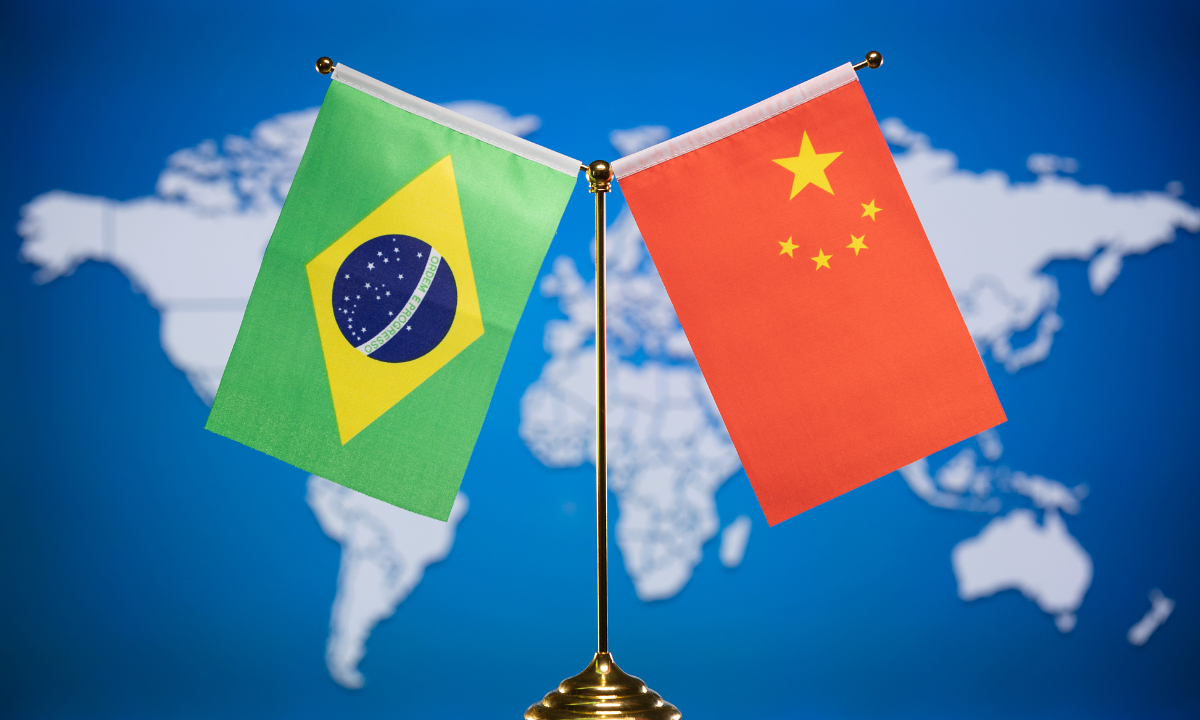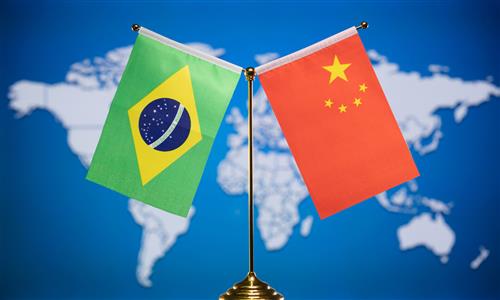
China Brazil Photo:VCG
China and Brazil agreed to grant 10-year visas for each other's citizens for business, leisure trips and family visits, starting from February 19, in a move aiming to promote bilateral economic cooperation and business activity.
Experts said the new mutual visa policy will help lead to a better business climate between China and Brazil, as well as people-to-people exchanges, based on the stable bilateral relationship.
According to Lingshi Zhitongche, the official social media account of the Chinese Foreign Ministry, 10-year visas will allow for multiple entries on either side, with stays of up to 90 days for a single visit.
The expiration dates of these visas can be extended if necessary, but the total stay should be under 180 days during the 12 months after the first entry, the ministry noted.
Chinese Foreign Minister Wang Yi and Brazilian Foreign Minister Mauro Vieira co-chaired the fourth China-Brazil Foreign Ministerial-Level Comprehensive Strategic Dialogue in Brasilia, Brazil, on January 19, where they vowed to strengthen the synergy of development strategies and expand cooperation, the Xinhua News Agency reported earlier.
During the meeting, Wang and Vieira signed an agreement on mutual visa facilitation in a bid to further expand people-to-people exchanges.
Brazilian media reported that in 2023, about 42,500 Chinese tourists visited Brazil, quoting data from Embratur, the Brazilian tourism board, compared with 68,580 Chinese visitors in 2019 before the pandemic.
Aside from people-to-people exchanges, Brazil has maintained its position as the largest source of agricultural imports for China since 2018, led by soybean and corn shipments, data from China's Ministry of Agricultural and Rural Affairs showed.
Brazil's agricultural exports to China also accounted for more than half of its total exports to China last year.
Jiang Shixue, a professor at the Center for Latin American Studies at Shanghai University, told the Global Times on Monday that these long-term visas will compensate for losses in the business communication sector due to the three-year COVID-19 pandemic, offering advantages to further upgrade bilateral relations.
Global Times



